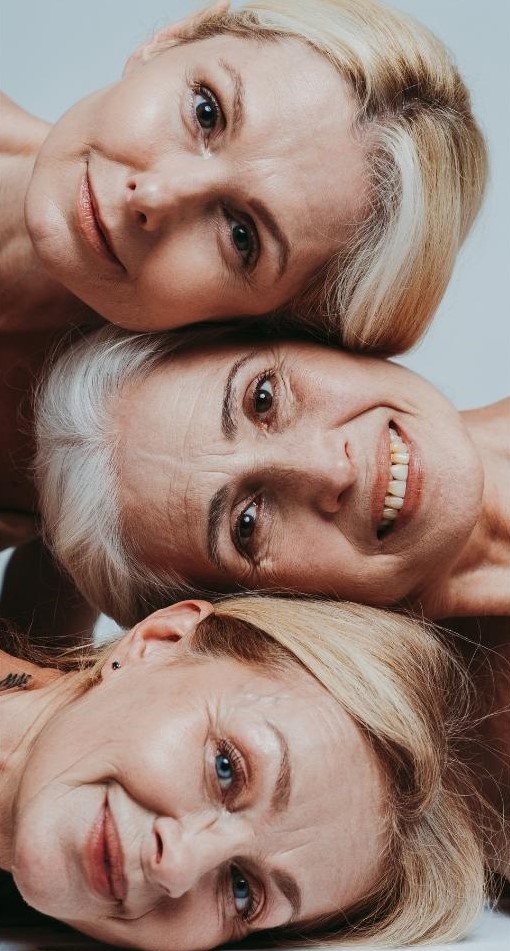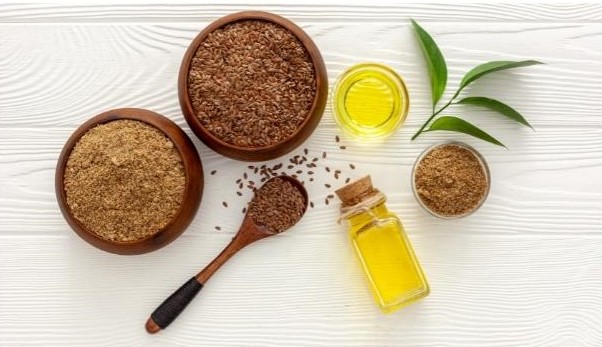HOW TO SURVIVE

Martha Reeves and the Vandellas may have sung “heatwave” – a song about a guy who has a heart “burning with desire” and “going insane” over feelings of love, but if you are struggling with the menopause in the midst of a heatwave, you might be the one who feels like you are burning, but not with desire, and going insane because you can’t sleep! The extreme August heat, combined with menopausal symptoms, is brutal. Those hot flushes and unbearable night sweats, two of the most common symptoms, make for sticky, sleepless nights, and days that follow, where you are grumpy and lacking in energy. The NHS UK describes the menopause as the time when hormone levels drop usually between the ages of 45 and 55, when your periods stop. For some people, it can happen earlier if they have had surgery to remove ovaries, or the uterus (hysterectomy), cancer treatments like chemotherapy, or a genetic reason. Perimenopause is when you have symptoms before your periods have stopped. You reach menopause when you have not had a period for 12 months.
What are the symptoms?
Everyone is different and will face different symptoms, some more, some less and if you are lucky like I was, none. General symptoms include:
- Anxiety
- Mood swings
- Hot flushes
- Irregular periods
- Brain Fog
- Chills
- Low sex drive
- Weight gain
- Slow Metabolism
- Sleepless nights
- Muscle aches and joint pains
What can you do?
Night Sweats:
- Wear light cotton nightwear / or none
- Keep your bedroom cool
- Take a cool shower before going to bed
- Keep a cool drink of water by your bed to drink when you can’t sleep
Mood swings:
- Hormone changes mean it is common to have mood swings, you are not alone
- Exercise regularly – boosts dopamine in your brain which makes you feel happier
- Get involved in relaxing activities – what about that beach walk you keep meaning to take? Rest – it is important to get enough rest especially if you have sleepless nights
- Talking therapy – talk with a therapist if you feel you need help
- Manage stress levels – try some meditation or yoga to help you relax

General tips:
- Focus on healthy eating
- Add calcium rich foods to your diet, like milk or yoghurt which strengthens your bones Include weight bearing activities in your exercise plan
- Always keep a fan with you to cool down
- Avoid triggers that will set off your hot flushes, including spicy foods, caffeine and stress
- Do not smoke
- Do not drink more than the recommended amount of alcohol
- Seek medical or professional advice if you are struggling
Treatment
The main medicine treatment for menopause symptoms is Hormone Replacement Therapy (HRT), which replaces the hormones that are at low levels, although there are other treatments if you cannot, or choose not to have HRT. This is good news because doctors in Spain are generally reluctant to prescribe HRT!
HRT involves using estrogen to replace your body’s own levels around the time of the menopause. There are different types and doses of HRT including patches, gels, pills, injections, and creams. For some women, hormone medicine may raise their chances of blood clots and have serious side effects. However, for many, using the right dose and type may mean symptoms will improve.
Worried about the side effects, some women seek alternative therapies and remedies Some of these include:
Black Cohosh
Symptom: hot flushes, night sweats
Benefit: Black cohosh is derived from a species of buttercup. Studies have had mixed results on whether black cohosh is effective in reducing hot flushes. Some studies indicate it may help with mild hot flushes and night sweats for short-term treatment. It may also lower blood pressure as well.
Flaxseed
Symptom: Hot flushes
Benefit: Flaxseed has omega-3 fatty acids and lignans, which act as phytoestrogens. Results from studies have been mixed, but it may help symptoms in some women. It is also believed to help lower cholesterol. Avoid whole flaxseed because it is difficult to digest. Ground flaxseed – but not flaxseed oil – may also help with menopausal symptoms. Apparently, 40 grams per day may be like hormone therapy for improving mild menopause symptoms.
Soy
Symptom: Hot flushes, night sweats
Benefit: Soy has isoflavones, which are phytoestrogens (plant oestrogens). Some studies have observed that soy may be effective in reducing menopausal symptoms. However, other studies have found no benefit. Only food forms of soy are recommended, such as soy beans (edamame), tofu, soymilk, soy flour. Soy has been shown to help lower cholesterol, manage hot flushes, and much more. It’s also a great healthy food for your diet regardless of whether you have menopause symptoms or not.
Some complementary and alternative therapies can also interact with other medicines and cause side effects. Ask your GP or pharmacist for advice if you are thinking about taking alternatives. So, who’s talking about Menopause? For too long women have gone unsupported and unheard when it comes to the specific women’s health issues. This is especially true when it comes to the understanding and treatment of menopause. According to website Gov.uk, Parliamentary Secretary in the Cabinet Office, Heather Wheeler said “Women must feel able to talk about their health issues and know that they will be supported”. At the highest level in UK Government, regardless of the other chaos they may be facing, there is commitment to raise the profile of women’s health issues and they now have the first ever government-led Women’s Health Strategy for England which will be published shortly, and the appointment of a new Women’s Health Ambassador to raise the profile of women’s health issues. By recognising the impact that menopause can have, and creating an open culture free from embarrassment, we can ensure those women feel comfortable in the workplace. Whatever your situation, always seek medical advice and don’t suffer in silence

